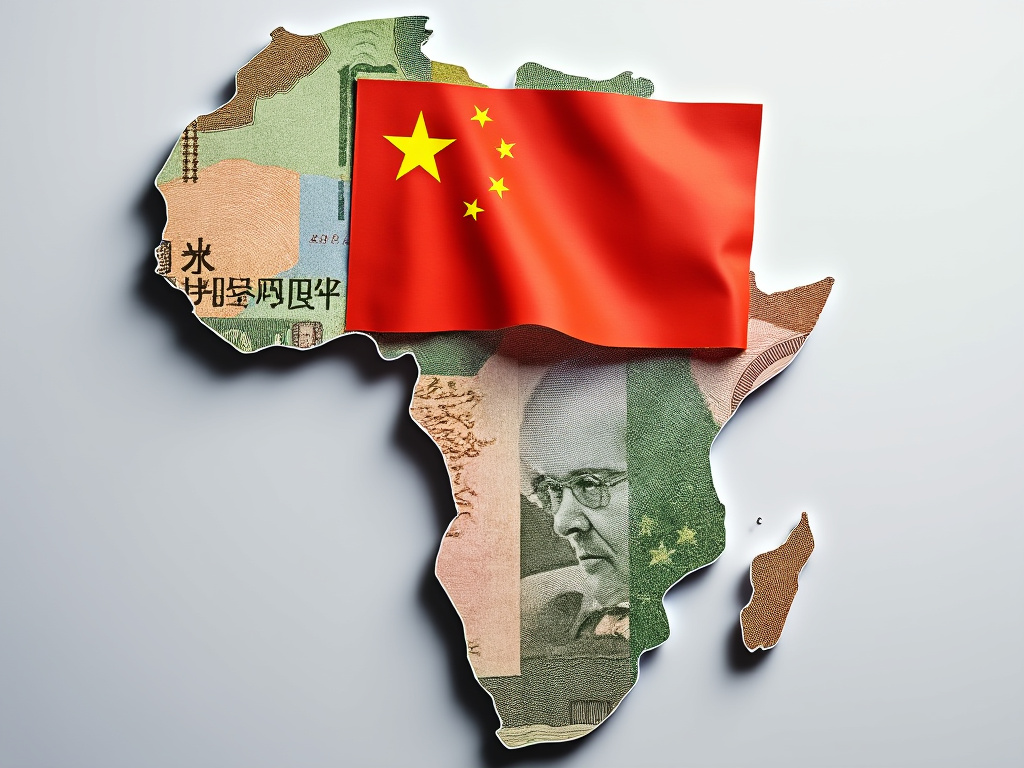Economy and business
China & Africa: money, investments and trade, not useless European speeches

There are many summits in the so-called “Africa+1” format: Africa and the U.S., Africa and France, and, just a few days ago, Africa and Indonesia. But the biggest and most glamorous is the China-Africa Forum, or FOCAC, which takes place every three years and ends on Friday. With pageantry and splendor, colorful dance performances, and a lavish state welcome dinner, President Xi Jinping welcomed more than 25 heads of state and government from the continent to Beijing. In total, top politicians and delegations from 53 countries arrived, as well as United Nations Secretary-General António Guterres.
China wants to integrate supply chains and industry more closely with Africa, Prime Minister Li Qiang stressed at a business conference Friday at the end of the summit. Li pledged to support small and medium-sized enterprises in Africa to help the continent’s industries achieve “self-sustaining and resilient” growth. “China and Africa are highly complementary in the industrial sector,” Li said.
It’s true: Africa provides, among other things, the raw materials sought by Chinese industry. Continued access to the continent’s mineral resources, such as gold, copper, lithium, and rare earths, is one of China’s most important goals. A lot of money circulates in return. In total, between 2000 and 2023, China has granted more than $182 billion in loans to African countries, such as for the construction of ports, railways, highways and hydropower plants.
Xi praises relations with Africa with a jab at the West
Xi praised China-Africa relations as “better than ever in history” in his keynote speech on Thursday. China is ready to cooperate more closely with African countries in industry, agriculture, infrastructure, trade and investment. China has pledged the equivalent of about 45 billion euros to its African partners over the next three years. “Modernization is an inalienable right of all countries,” Xi said. “But the Western approach has caused immense suffering to developing countries.”
The action is part of China’s strategy to position itself as part of the global south against the unpopular Western-dominated world order. “China is doing all it can to emphasize its status as a developing country and to signal solidarity with the global south,” writes Sino-African expert Cobus von Staden, founder of the informative website The China Global South Project. Although China is increasingly intertwining its development goals with its engagement in Africa, “It avoids the monotony of the continued U.S. and EU focus on aid and the conditions and sermons that accompany it.”






